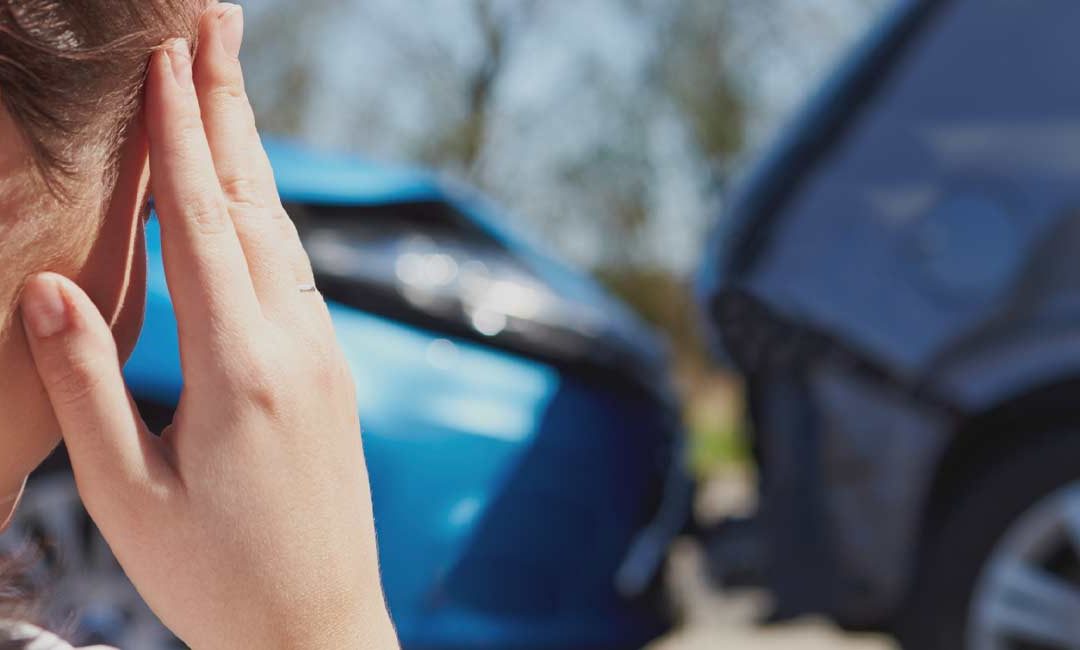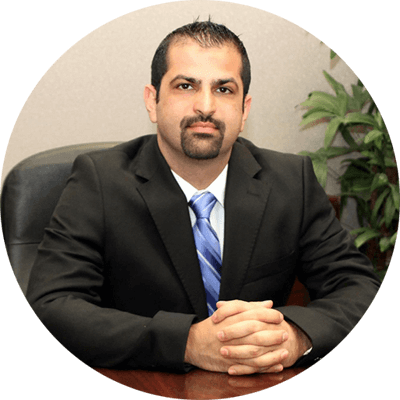Car accidents are traumatic, unpleasant events that we try to avoid our entire lives. But they happen, and being unaware of your rights and obligations after a collision is a bad idea.
Generally, collisions come down to which driver is ‘at-fault’, and the liability and insurance implications that go with it. Here are a few guidelines for determining whether you’re the at-fault driver in an accident.
Varying state-to-state, the legal rules for fault can vary, but they generally come down to the role of a trailing car, improper turning, and whether the drivers were practicing safe or conservative driving.
Trailing cars
In any scenario in which a trailing car is unimpeded and ‘free to act’, it is generally deemed to be the responsibility of the ‘driver at the back’ to avoid any collision. Except in very rare cases, the obligation to the trailing driver is to control speed carefully enough to be able to avoid any car accident.
Improper turns
The turning laws that determine fault in a collision can be defined by the type of turn being attempted, but there are a few important laws to follow. Drivers who are overtaking a turning vehicle, failing to yield, or turning ‘not in safety’ are deemed to be at fault in a collision.
Safe and conservative driving
Many considerations of fault come down to assessment of the comparative safety practiced by the drivers. Speeding, operating unsafe vehicles (ie those with broken tail lights or indicators), failing to signal or failing to yield are all examples of non-conservative driving and all can lead to a determination of fault.
Practice safe driving, however, and your likelihood of indication of fault of the car accident goes way down.


